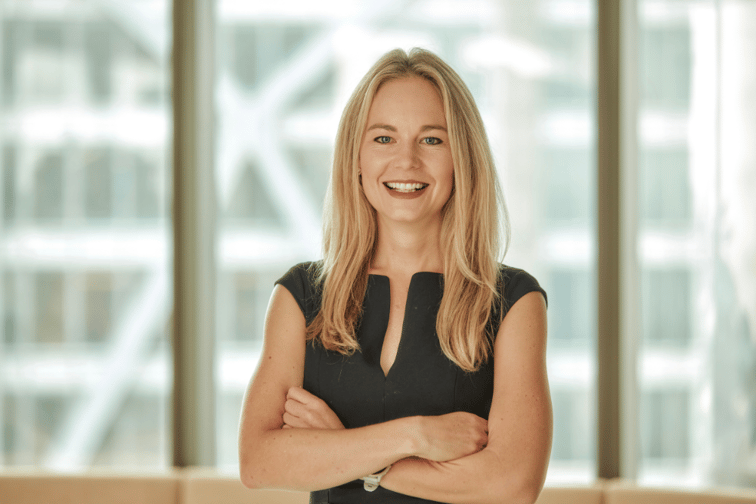

Zurich Insurance Group has new sustainability targets that include net zero emissions from all of its operations by 2030 - 20 years earlier than originally planned. For the first time, the global insurer also announced local targets, including for Australia and New Zealand.
Zurich has also created a new role to oversee the targets in Australia and New Zealand. Shaneen Marshall (pictured above), takes on an expanded position as head of strategy and sustainability. She gave her first media interview to Insurance Business.
Marshall said executing locally on the new sustainability objectives involves three things.
“Firstly, our operations and our value chain and making sure we reduce emissions,” she said.
Secondly, she said, execution involves encouraging and supporting customers and partners in their transition to net-zero.
“Thirdly - which is really important - supporting a more resilient Australia and New Zealand. As we know, we’re going to have to prepare for changes in climate and changes in weather patterns and we need to support the communities in Australia and New Zealand to become more resilient,” she said.
However, Marshall said this was not just about her job, and charged every person at Zurich with the responsibility to do something about sustainability.
“I want to unlock the inner activist in every one of our Zurich employees, through awareness, through education, through inspiration, and through holding everybody accountable to meeting our commitments,” she said.
Marshall said accelerating the net-zero operations target from 2050 to 2030 was “the biggest change globally” in Zurich’s new sustainability initiatives.
“We have been carbon neutral since 2014 but this is net-zero and that’s quite a bit further,” she said.
Marshall explained the difference.
“Carbon neutral means you have emissions and you offset your emissions. Net-zero is where you have to reduce your emissions as much as possible and then you remove the remainder of the emissions from the atmosphere,” she said.
The actual removal of carbon from the atmosphere makes, she said, makes net-zero “a much stronger commitment than carbon neutral.”
Zurich has a global objective of net-zero by 2050 across all investments and operations.
“I haven’t seen many commitments to that and that’s actually a huge commitment,” said Marshall.
However, with environmental groups often accusing the corporate world of greenwashing, insurance companies need more than targets. Marshall is confident that Zurich’s green objectives are substantive.
“We adhere to strict exclusion policies around both our investments and our underwriting,” she said.
For example, she said Zurich we will not invest in or insure companies that generate more than 30% of their revenue from mining thermal coal, extraction of oil from oil sands, or mining oil shale.
However, the caveat there is that Zurich will insure companies of this kind if they have a “meaningful business transition plan in place,” said Marshall.
“We also won’t invest in companies that are in the process of building new developments in those fossil fuels, or that have dedicated transportation infrastructure around those fossil fuels - unless there is a meaningful business transition plan,” she said.
Marshall said “those strict exclusion criteria” had seen Zurich divest from many of the big emitters of fossil fuels since 2017.
She also said that Zurich’s role as an investor can have “a more significant impact” in promoting the adoption of business models that are aligned to a 1.5-degree future and the Paris Agreement.
“Sometimes you actually need to use your influence in order to hold some of these companies accountable to a transition plan,” she said.
Marshall said that in 2019 Zurich Insurance Group was the first insurance company to sign the Business Ambition 1.5-degree Pledge, aligned to the Paris Agreement.
She also explained the local sustainability targets in Australia and New Zealand.
“These local targets are across different areas of our value chain and include reducing our operational emissions by 76% by 2029, reducing our total CO2 emissions from printed paper by 70% by 2025, and reducing the carbon intensity of our investment portfolio by 25% by 2025,” said Marshall.
She said procuring GreenPower in Zurich’s NSW buildings, which is reducing emissions, is a sign that they are heading in the right direction.
The campaign group Insure Our Future ranks insurance companies based on their environmental record in the fossil fuel sector. Before Zurich’s latest sustainability targets were announced the insurer ranked in 6th place out of 30 major insurers and reinsurers. For insurance and investment in oil and gas projects Zurich’s ranking falls to number 10.
